First performance 9 September 2021 at the Ravinia Festival by Nexus Chamber Music; Nexus
Co-artistic Directors, violinist Brian Hong and cellist Alexander Hersh, were joined by soprano Kristina Bachrach, violinist Benjamin Baker, violist Jordan Bak.
Commissioned by NEXUS Chamber Music in collaborations with Guarneri Hall NFP
Duration: 17'30"
(For shorter duration options, alternate endings are clearly listed on the score and parts.)
Dedicated with admiration and gratitude to Stefan Hersh and NEXUS Chamber Music
First performance of the Mezzo-Soprano version 18 January 2023 at the 2023 New Music Miami ISCM Music Festival in the FIU Wolfsonian Museum in Miami, Florida; mezzo-soprano Rachel Calloway and the Amernet String Quartet.
Selection from the slow movement from the world premiere
 Watch Upon Wings of Words | Kristina Bachrach with NEXUS Chamber Music
Watch Upon Wings of Words | Kristina Bachrach with NEXUS Chamber Music
Live concert audio recording from World Premiere is available for archival purposes only and for private listening. If you would like to review the recording please contact Augusta.
Version for lyric mezzo soprano and string quartet is transposed down by a perfect fourth. The string quartet parts are then revised so that all their notes fit into the ranges of the string instruments.
Please be sure to order the exact version you want since the score and parts do not match between versions and thus cannot be mixed and matched.
Upon Wings of Words, Emily Dickinson Settings (2021) Augusta Read Thomas (1964)
I. Playful, Buoyant and Spirited-
II. Lyrical and Resonant-
III. Energized and Animated
AUGUSTA READ THOMAS (b. 1964)
Upon Wings of Words: Emily Dickinson Settings
One of the most dynamic compositional voices of her generation, Augusta Read Thomas is a Pulitzer Prize finalist, former Board Chair of the American Music Center, one of Crain’s Chicago Business 2001 “40 under 40,” Chicago Tribune 2016 Chicagoan of the Year, and her music is featured on a Grammy-winning CD by Chanticleer. Thomas serves as University Professor of Composition in the Department of Music and the College at The University of Chicago, where she founded the Center for Contemporary Composition in 2016. Previously, she taught at the Eastman School of Music, Northwestern University as Wyatt Professor of Music, Tanglewood Music Center, and Aspen Music Festival. In addition, Thomas was the longest- serving Mead Composer-in-Residence with the Chicago Symphony Orchestra (1997-2006), working closely with Daniel Barenboim and Pierre Boulez.
Born in Glen Cove, New York, Thomas studied at Northwestern University, Yale University, and the Royal Academy of Music in London and was a Bunting Fellow at Radcliffe College and a Junior Fellow at Harvard University. She has received the Distinguished Alumni Association Award from St. Paul’s School in Concord, New Hampshire, an Award of Merit from the President of Northwestern University, and an Alumnae Award from Northwestern University. Her composition teachers include William Karlins, Alan Stout, Jacob Druckman, and Oliver Knussen.
Recent and upcoming premieres and commissions include Dance Foldings with the BBC National Orchestra of Wales and conductor Ryan Bancroft (“cheerful, unpredictable and colourfully scored,” The Guardian), Dance Mobile for thirteen player or chamber orchestra at the Howard Hanson Institute for American Music, Gwendolyn Brooks Settings by the Glen Ellyn Children’s Chorus and Illinois Philharmonic Orchestra under conductor Stilian Kirov, Magic Gardens by the Rolston String Quartet, and Sunburst: A Fanfare or Youth Orchestra by the Tampa Metropolitan Youth Orchestra and conductor Dr. William Wiedrich, among others.
She has received numerous compositional honors, including the prestigious International Orpheus Prize (for her chamber opera Ligeia) and awards from The Siemens Foundation in Munich, American Academy and Institute of Arts and Letters, John Simon Guggenheim Memorial Foundation, Koussevitzky Foundation, Fromm Foundation, The Rudolph Nissim Award from ASCAP, the Third Century Award from the Office of Copyrights and Patents in Washington, DC, and the Lancaster Symphony Orchestra Composer Award, the oldest award of its kind in the nation.
Thomas composed Upon Wings of Words: Emily Dickinson Settings (2021) for soprano and string quartet on a commission from Nexus Chamber Music. This performance at the Ravinia Festival marks the world premiere. The four selected poems—“Snow flakes” (c. late-1858), “‘Hope’ is the thing with feathers” (c. early-1862), “The Sea of Sunset” (c. early-1862), and “Tell all the truth but tell it slant” (c. 1872)—come from widely separated dates of origin and provide Thomas with contrasting images, a celebration of nature through captivating imagery, and open vowels for good vocal production.
Verses by the reclusive Amherst, Massachusetts, poet have regularly inspired Thomas’s compositions. “Emily Dickinson’s poems are intensely personal, intellectual, introspective, and offer a meditation on life, death, and poetic creation; her poems share a close observation of nature as well as consideration of religious and philosophical issues.” In the early part of the century, Thomas drew lavishly from Dickinson’s oeuvre in a cluster of vocal and instrumental compositions: Rise Chanting for string quartet (2002), Chanting to Paradise for solo soprano, SATB chorus, and orchestra (2002), Sun Songs: Three Micro-Operas (2004) for solo mezzo soprano and three percussion, Purple Syllables (2004) for SATB chorus, and Gathering Paradise (2004) for light lyric soprano and orchestra. Somewhat later, she set Dickinson poems in Juggler of Day (2007) for SSAA choir and Of Being is a Bird (2015) for light lyric soprano and ensemble.
The voice and poetry are integral parts of Thomas’s compositional process: “For me, the human voice—possibly the most subtle, complex, and fragile yet forceful, flexible, seductive, and persuasive carrier of musical ideas and meanings—has always been an inspiration for and influence upon my entire musical thinking. I sing when I compose. I adore reading poems, and cherish the opportunity to set them to music.” This intimate understanding of vocal production and textual interpretation elucidates Thomas’s expressive markings within the score of Upon Wings of Words, which suggest poetic meaning to the performer while opening innumerable approaches to its rendering in performance: “with an inner smile,” “like shimmering sunshine,” “as if to dismiss and get rid of the unwanted Prig,” and “like leaves being blown off a tree due to a large gale,” as examples. Throughout, Thomas repeats words and syllables for emphasis and utilizes the open-vowel “ah” and “ha” to delineate the structure and to mark lighter, even comical moments.
The overarching organization could be described as a large-scale hemiola with a three-part form superimposed on a two-part structure. The score divides into Part I, which roughly corresponds to the first two poems (“Snow flakes” and “‘Hope’ is the thing with feathers”), and Part II, including a prefatory transition and later continuation, containing the second two poems. Thomas describes the work as dividing into three “arcs” distinguished by character and tempo contrast: the first corresponds to Part I (animated, dramatic; quarter = 88-96), the second to the beginning of Part II (distant, resonant; quarter = 54), and the third to Part II Continued (energetic, animated; quarter = 88-96).
Scholars have differing views on the relationship of the words “Snow flakes” to the remainder of the poem. Some interpret them as one of the few titles of Dickinson’s poetic output. Other consider them an integral part of this “riddle poem,” whose meaning would be indecipherable without prior knowledge that the verses refer to “Snow flakes.” “‘Hope’ is the thing with feathers” has been called a “definition poem” that expounds on the meaning of the opening word. In this instance, Dickinson represents Hope as a bird that finds safe haven within the soul, where it remains even amid turmoil.
“The Sea of Sunset” paints a warm portrait of nightfall over the Pacific Ocean with its spectacular variegated colors and ships disappearing over the horizon. “Tell all the truth but tell it slant” encourages the listener to approach truth from an angle, with a twist or spin on it. Truth is too brilliant to tackle head-on but returning to it continually at a slant allows one to confront truth gradually. Though not exemplified in this poem, Dickinson was known for her use of “slant rhyme,” which involves words with similar but not identical rhymes. An alternate version of “The Sea at Sunset” in which the final line reads “Dip—and vanish like Orioles!” provides an example of “slant rhyme” between “Opal Bales” and “Orioles.”
Program notes © Todd E. Sullivan 2021
Snow flakes. (36)
I counted till they danced so
Their slippers leaped the town –
And then I took a pencil
To note the rebels down –
And then they grew so jolly
I did resign the prig –
And ten of my once stately toes
Are marshalled for a jig!
“Hope” is the thing with feathers - (254)
“Hope” is the thing with feathers -
That perches in the soul -
And sings the tune without the words -
And never stops - at all -
And sweetest - in the Gale - is heard -
And sore must be the storm -
That could abash the little Bird
That kept so many warm -
I’ve heard it in the chillest land -
And on the strangest Sea -
Yet - never - in Extremity,
It asked a crumb - of Me.
The Sea of Sunset — (266)
This - is the land - the Sunset washes -
These - are the banks of the Yellow Sea -
Where it rose - or whither it rushes -
These - are the Western Mystery!
Night after Night
Her purple traffic
Strews the landing with Opal Bales -
Merchantmen - poise upon horizons -
Dip - and vanish with fairy sails!
Tell all the truth but tell it slant — (1129)
Tell all the truth but tell it slant —
Success in Circuit lies
Too bright for our infirm Delight
The Truth's superb surprise
As Lightning to the Children eased
With explanation kind
The Truth must dazzle gradually
Or every man be blind —
Bernard Hughes, The Arts Desk, London, November 5, 2022 "Upon Wings of Words is a setting of Emily Dickinson for soprano and string quartet. Dickinson continues to inspire composers over 130 years since her death, and here it is the tense, springy rhythms of her poems that Read Thomas responds to. Soprano Kristina Bachrach negotiates the gymnastic lines of the outer movements with technical assurance, and blends effacingly into the ensemble in the slow central panel."
M.L. Rantala, Classical Music Critic, Hyde Park Herald, April 19, 2022
The bells toll for thee: New music by Augusta Read Thomas
"There are two works on the CD for solo percussionists, both performed by John Corkhill, a member of the Grossman Ensemble. “Bebop Riddle” for solo marimba has engaging rhythms and Corkhill is superb at letting the instrument whisper as well as shout. He lets the music unfold naturally, sometimes ruminating on an interesting chord, other times permitting a controlled yet racing passage gather steam. The music has jazzy antecedents as well as a mysterious setting, making the title apt as well as interesting."
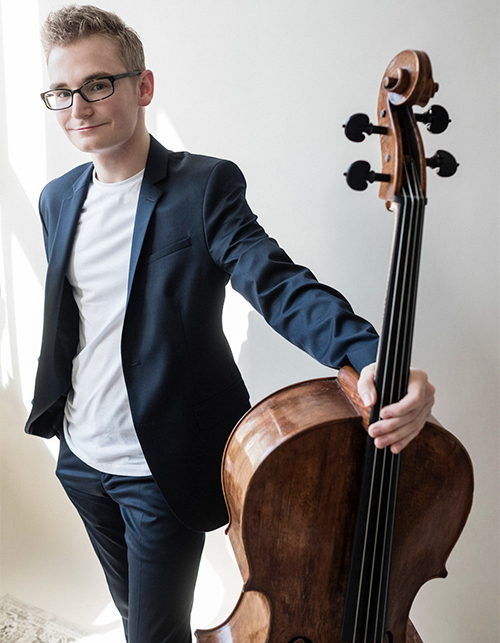
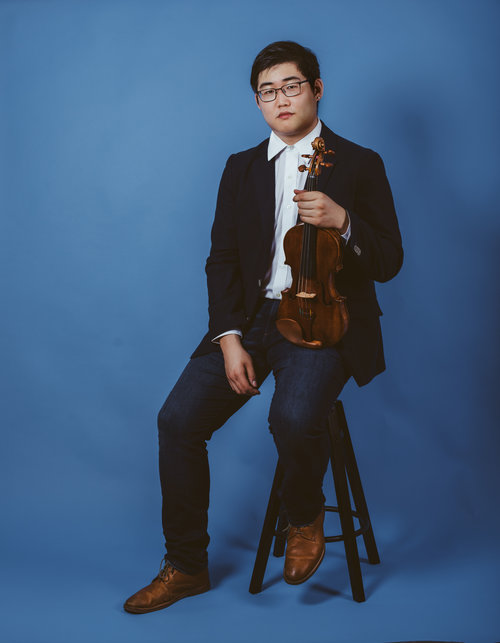
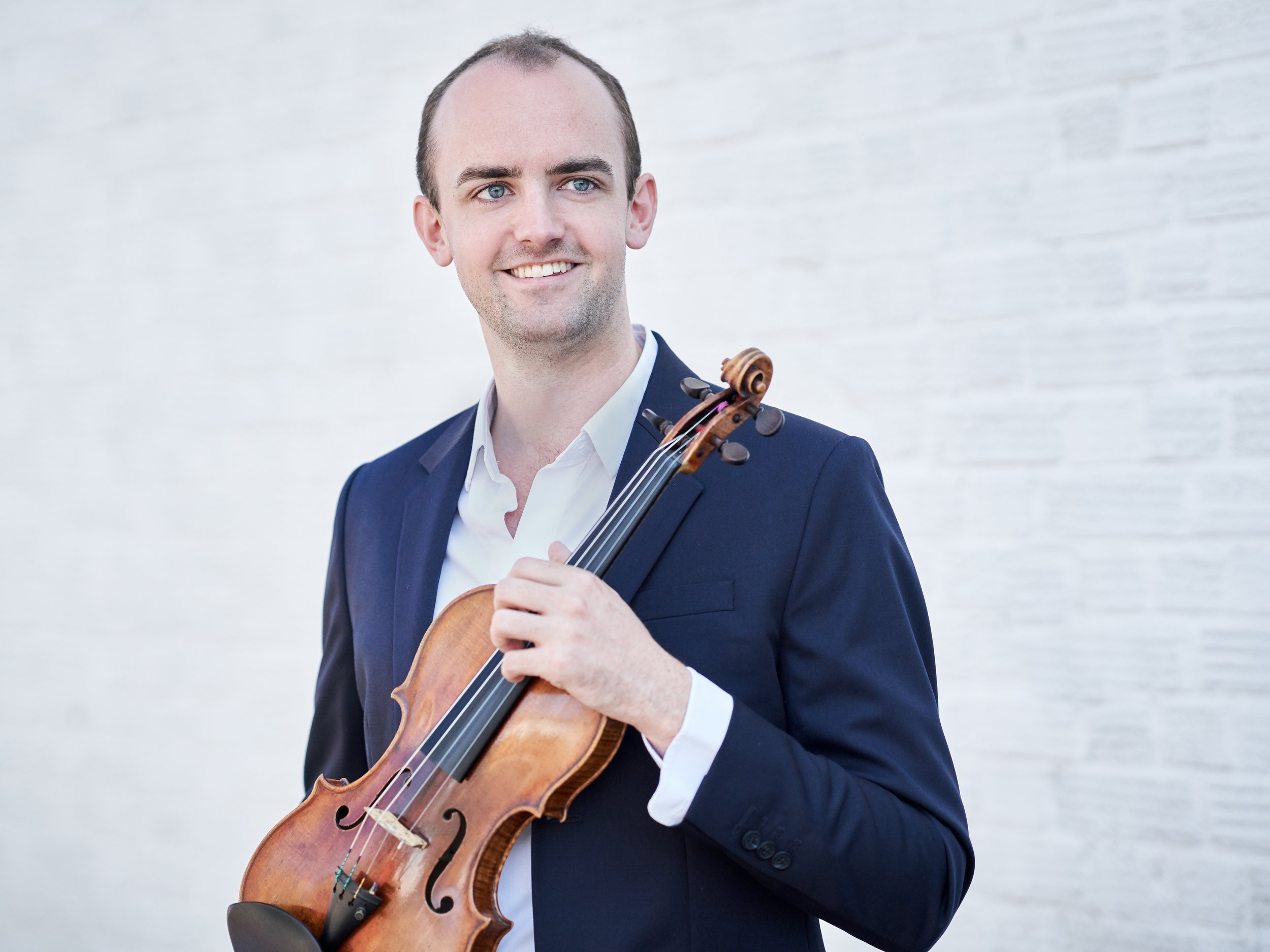
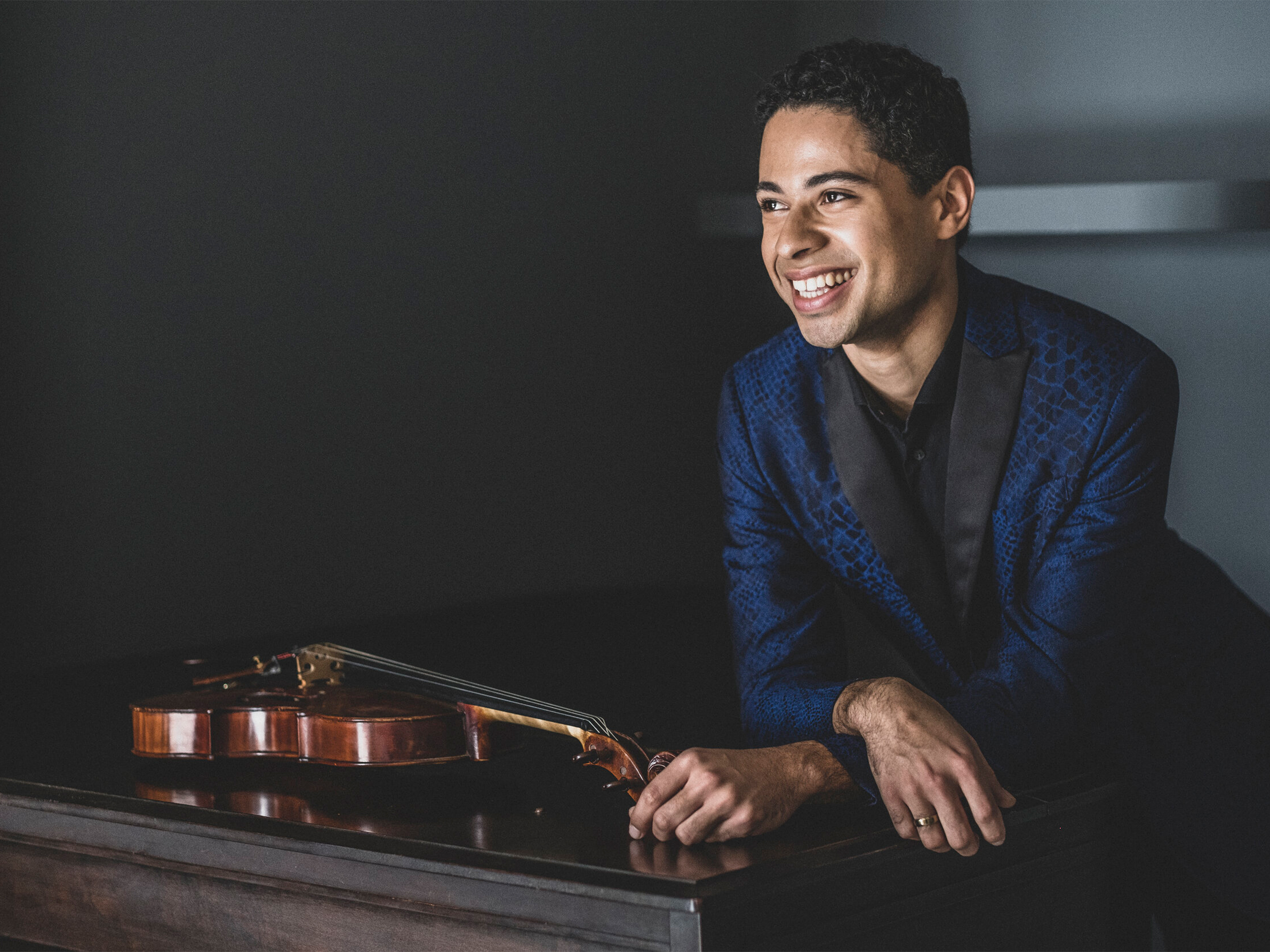
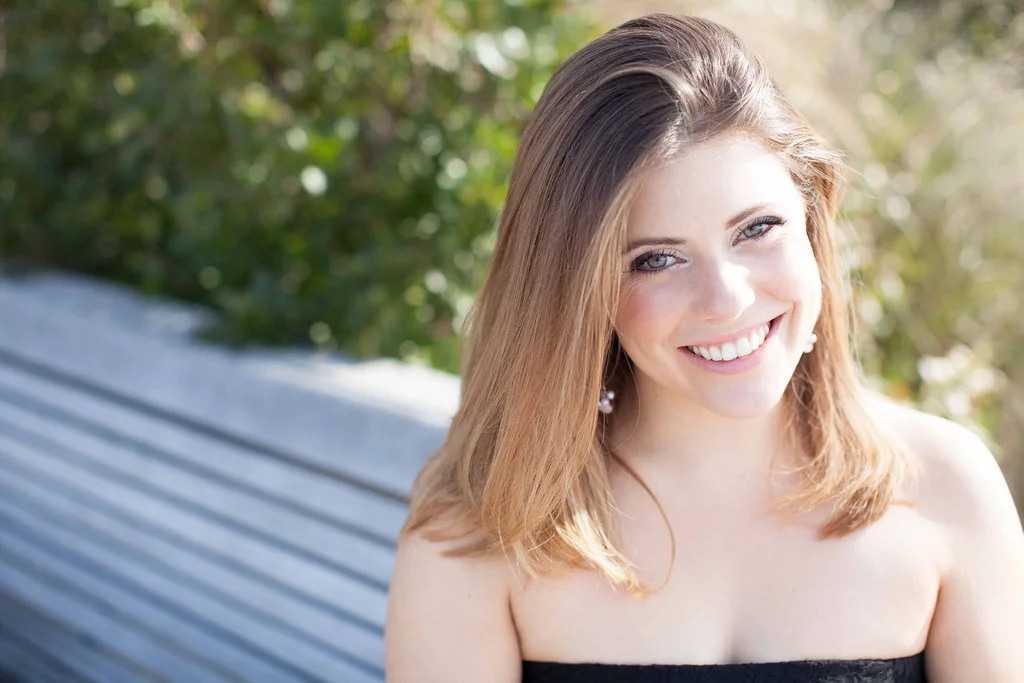


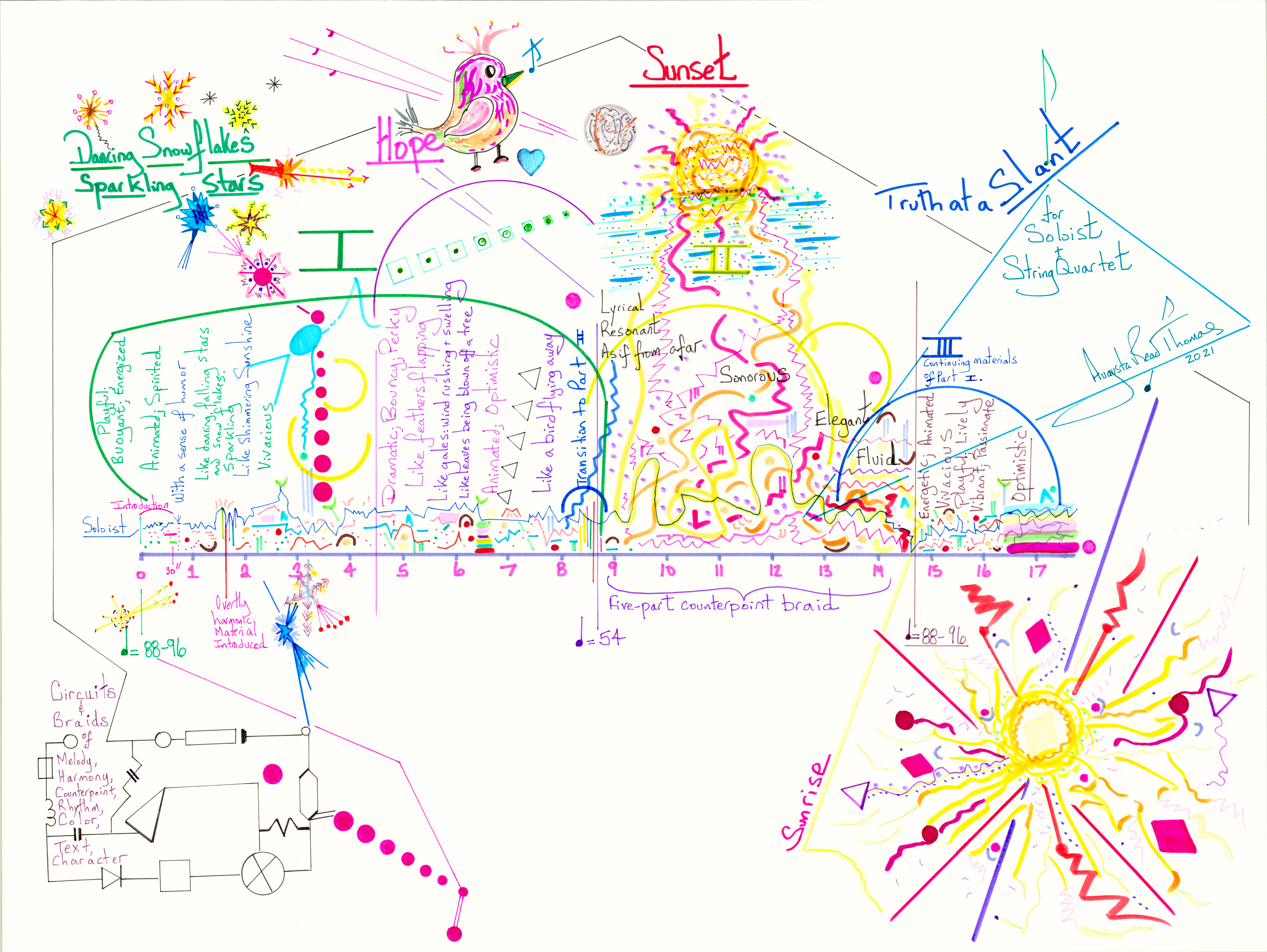
To obtain examination or performance material for this
Augusta Read Thomas work, please contact Nimbus Music Publishing.
